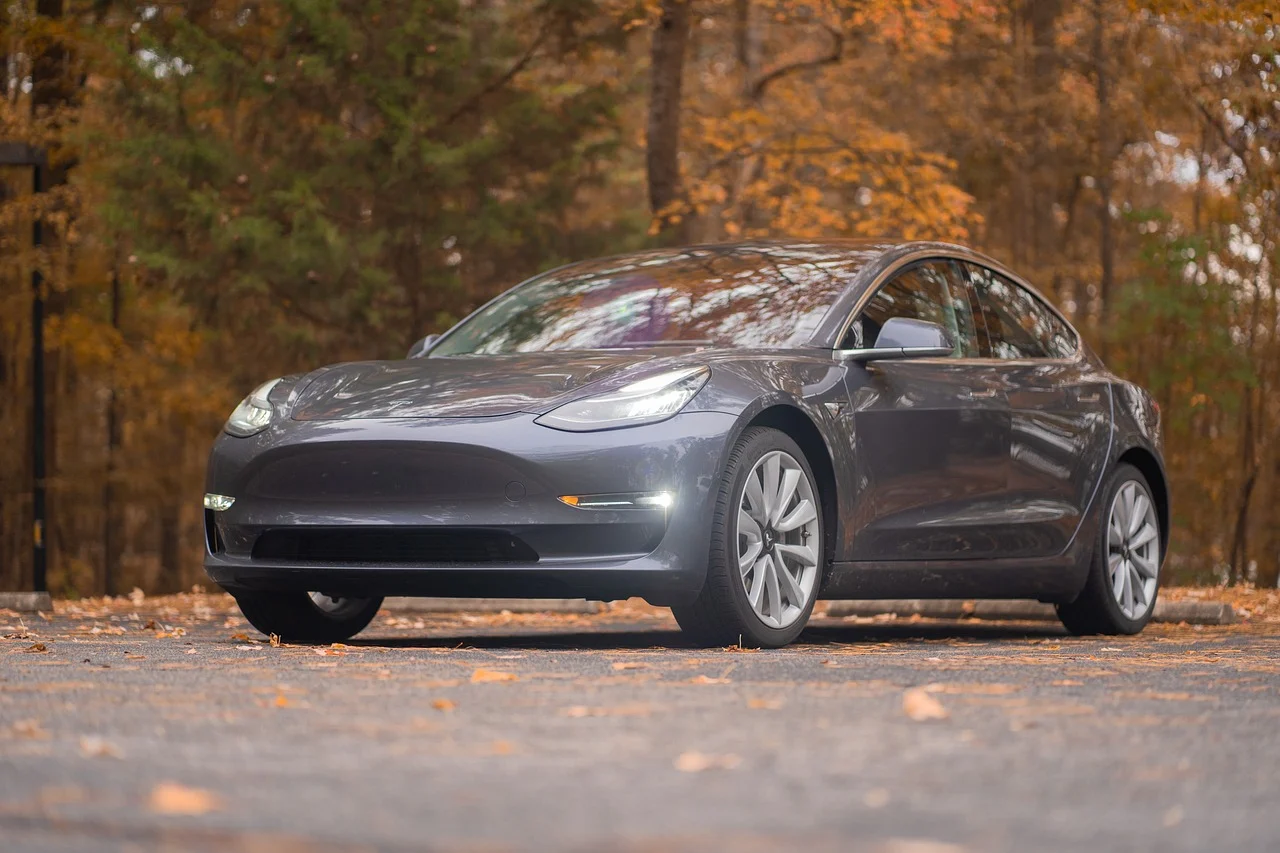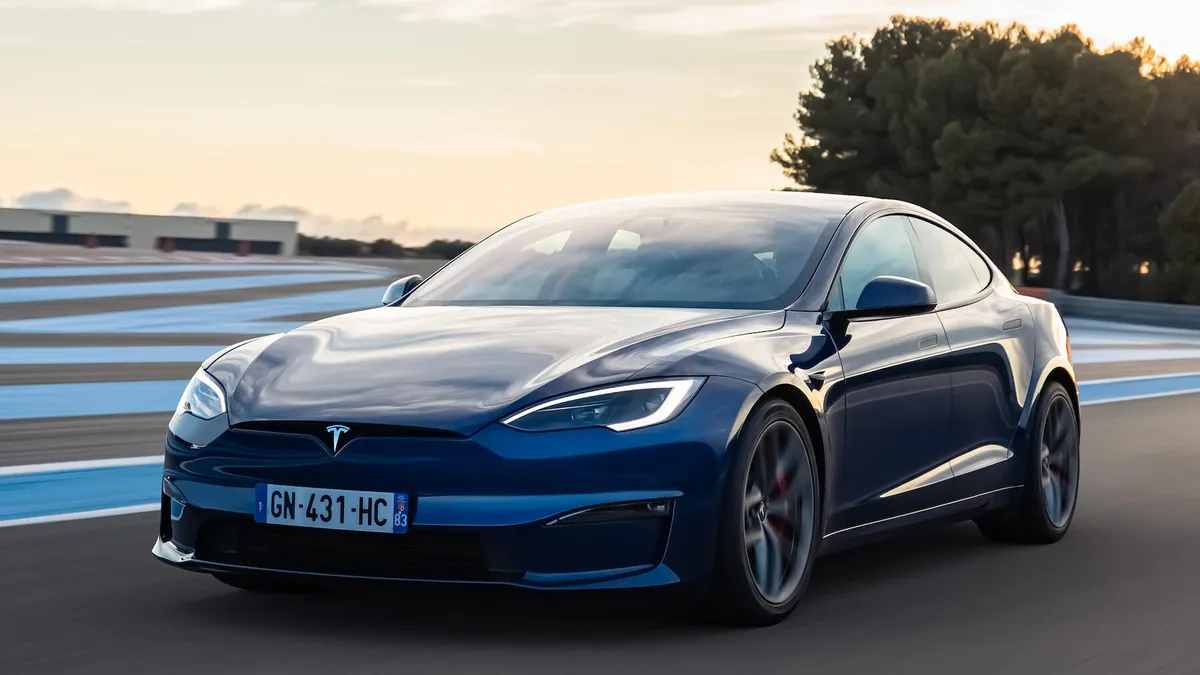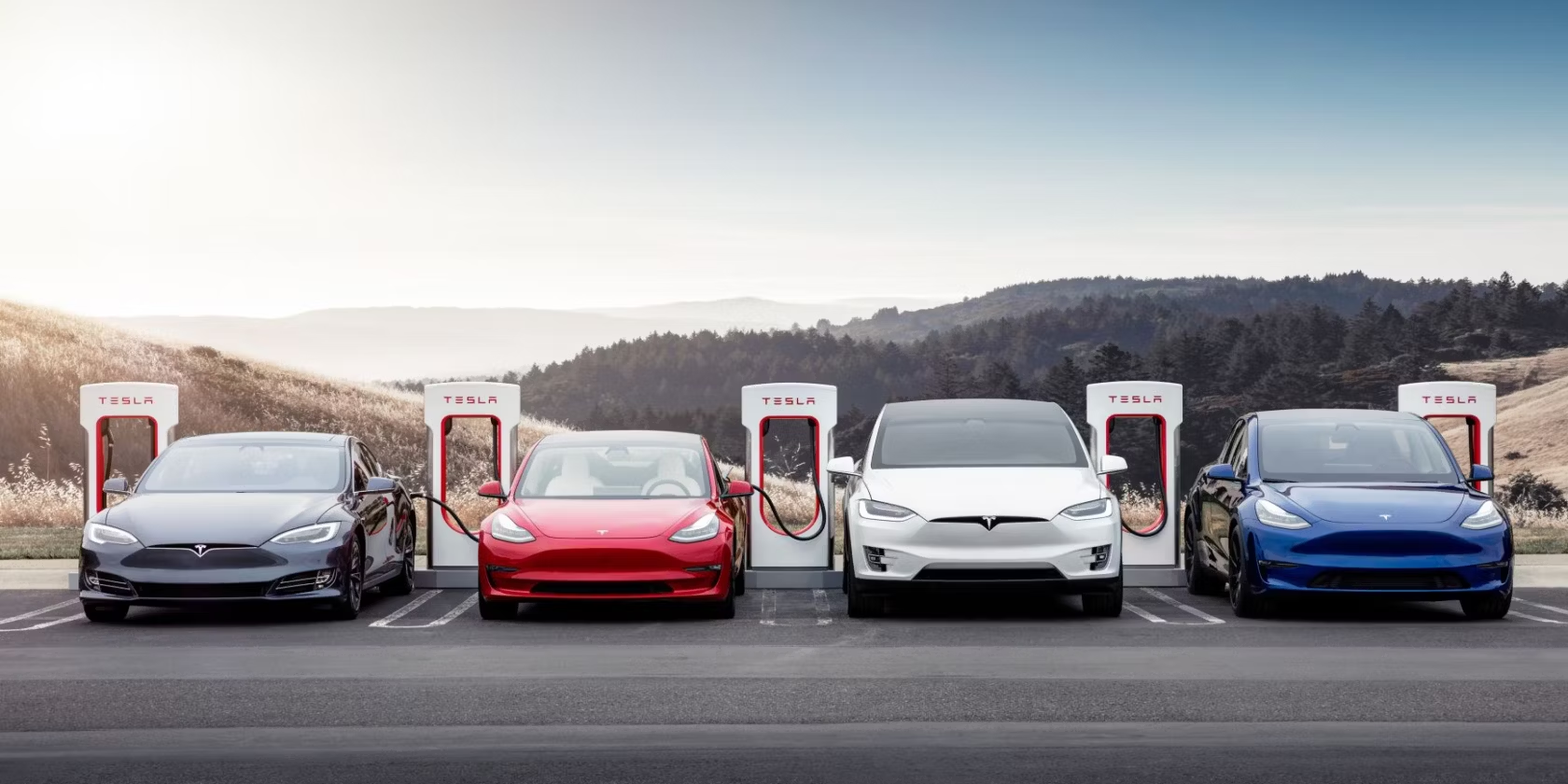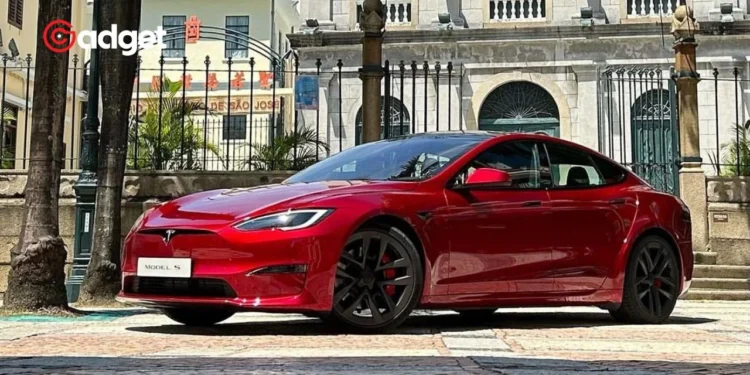In a significant development that caught the attention of investors and industry analysts, Elon Musk, CEO of Tesla, has pledged to accelerate the rollout of more affordable electric vehicles. This announcement came during Tesla’s first-quarter earnings call, following a period of declining sales and heightened competition, particularly from Chinese manufacturers.
The news swiftly buoyed Tesla’s stock, which surged 13% in after-hours trading.

Elon Musk’s strategy appears to be a timely response to the pressing demands of both the market and Tesla shareholders.
Amidst a backdrop of price reductions across Tesla’s range, the promise of cheaper models seems to be Elon Musk’s gambit to maintain Tesla’s competitive edge in the rapidly evolving electric vehicle (EV) landscape.
A Strategic Pivot Amidst Competitive Pressures
Tesla’s shift towards more cost-effective models is not just about staying competitive. It’s a crucial pivot aimed at capturing a broader customer base.
With Tesla’s cheapest U.S. model, the Model 3, currently starting at $38,990 and the average price of top EVs in the U.S. hovering around $53,758, the introduction of a sub-$30,000 Tesla could significantly alter market dynamics.
Elon Musk’s vision extends beyond just undercutting competitors with lower prices. “If you have a great product at a great price, the sales will be excellent,” Elon Musk emphasized during the earnings call. This approach indicates that Tesla is not merely reacting to market pressures but is also proactively setting new benchmarks for the industry.
Elon Musk gave Tesla investors the one thing they've been demanding — and it worked brilliantly https://t.co/SgSfEPkSqk
— Business Insider (@BusinessInsider) April 24, 2024
Delays and Promises: A Familiar Tesla Narrative
Despite the optimism generated by Elon Musk’s announcement, there remains a note of caution among observers. Tesla has historically faced criticism for delays in product rollouts and other operational hiccups.
Jay Woods, the chief global strategist at Freedom Capital Markets, voiced a common sentiment, stating, “Sounds promising, but Tesla is becoming more of a show-me stock based on how many delays we’ve seen in previous rollouts.”

This cautious outlook stems in part from Tesla’s recent challenges, including significant price cuts in key markets like the U.S., China, and Europe, just days before the earnings announcement.
Furthermore, the company’s stock has seen a notable decline, dropping 42% year to date, amid broader concerns about Tesla’s operational efficiency and Elon Musk’s capacity to manage multiple ventures simultaneously.
Elon Musk: Navigating a Turbulent Quarter
The first quarter of 2023 has indeed been tumultuous for Tesla. The period was marred by disappointing delivery numbers, a messy 10% global layoff, and a recall of nearly 4,000 Cybertrucks due to faulty accelerators.
These setbacks paint a picture of a company at a critical juncture, making the push towards cheaper, more accessible EVs seem all the more pivotal for Tesla’s future trajectory.

Elon Musk: Tesla’s Roadmap to Revival
As Tesla prepares to implement its strategy of rolling out cheaper models, the industry watches closely. The success of this initiative could not only revive Tesla’s fortunes but could also set new standards for affordability in the EV sector, challenging competitors to follow suit.
With production potentially starting as soon as late this year or early 2025, the automotive world is poised to see whether Tesla can deliver on its promises under Elon Musk’s leadership or if the familiar narrative of delays will prevail.
As the landscape of electric vehicles continues to evolve, Tesla’s moves will undoubtedly have far-reaching implications on the market dynamics and consumer choices in the green technology sector.










